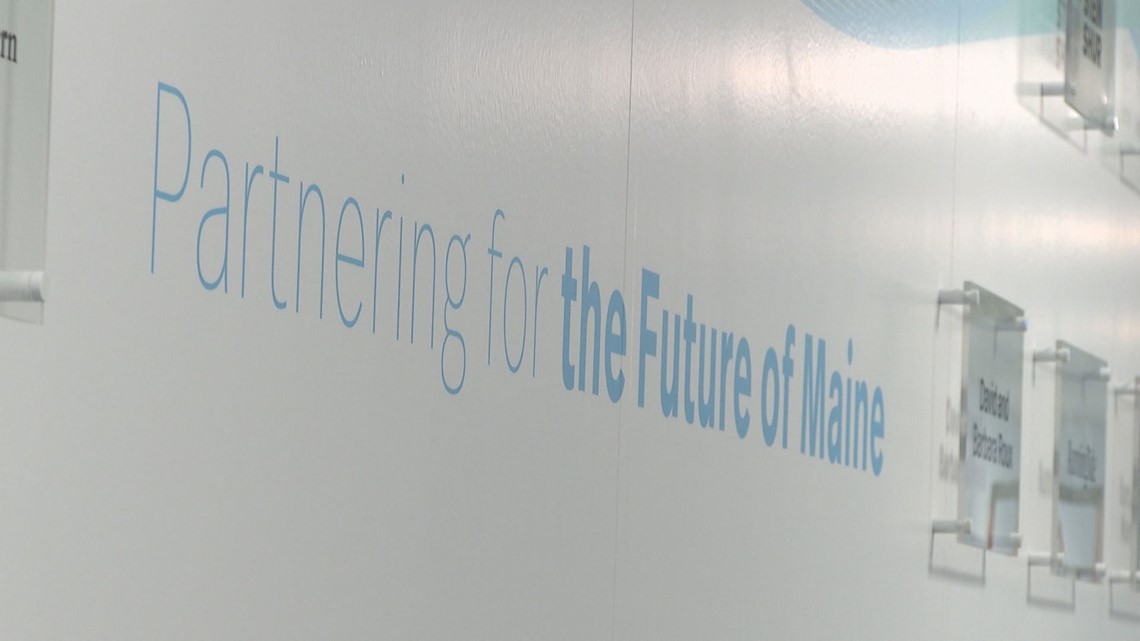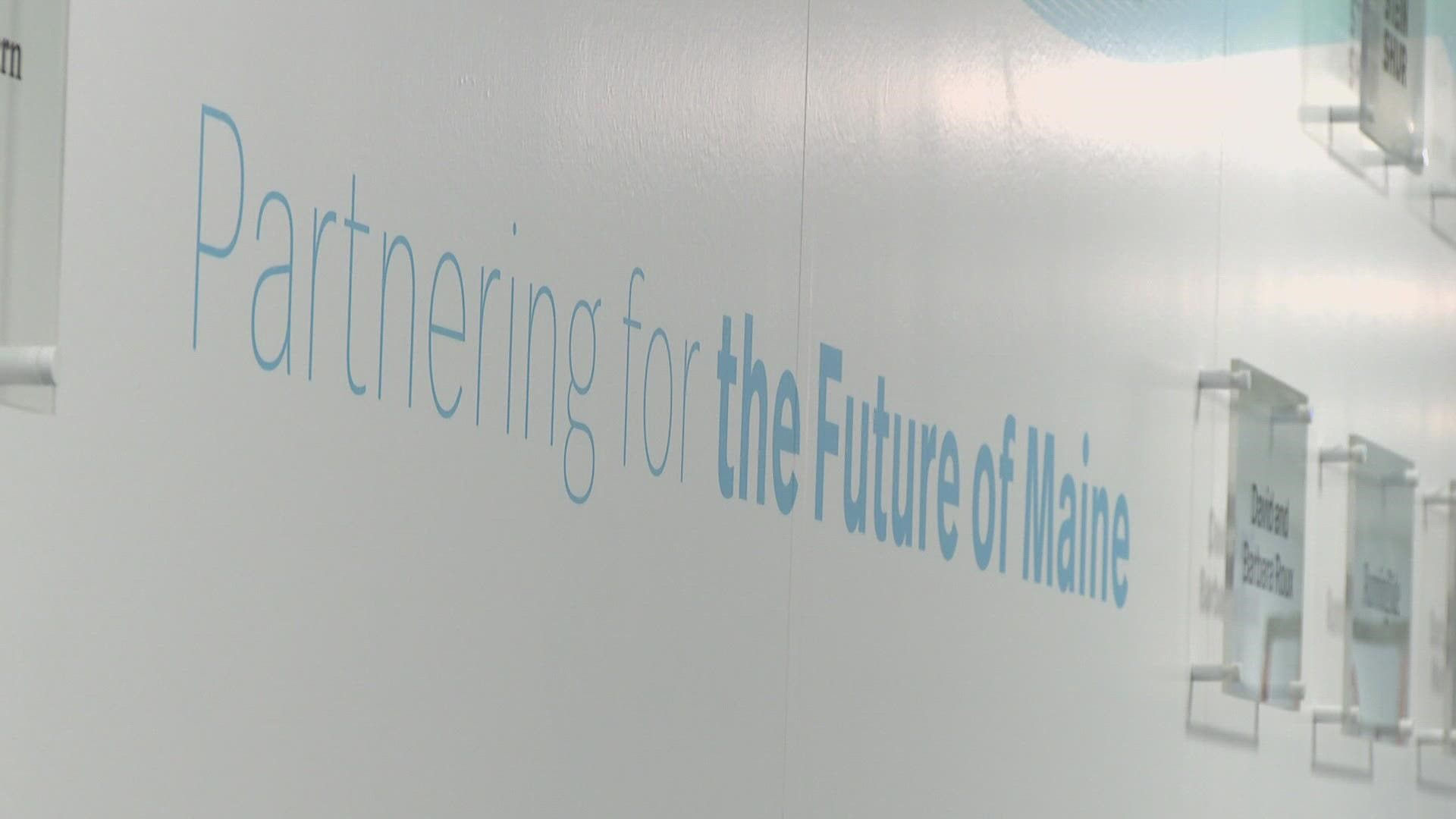PORTLAND, Maine — These are busy times around the Roux Institute in Portland. Ten startup companies are finalizing their pitches before the end of a 13-week program called the Techstars Accelerator.
Since September, the businesses have worked in the same space, collaborating with each other, mentors, and investors as they look to scale and grow their company while in Maine.
The program comes to a close Thursday when the companies pitch their businesses to a room full of investors and industry experts.
But the "Maine" chapter in the book of three of these companies will not close this week. In fact, it's just beginning.
“Maine is going to be central to our sales moving forward," Leslie Hyman, the founder of the app Circa, said.
The company helps residents and property owners make the rent-paying process easier.
“We help properties collect, and that improves the bottom line for the properties and improves the lives of the residents," Hyman said.
The mobile app is a hub that thousands of people around the country already use to pay their rent every month. The company's headquarters in Connecticut will move to Maine, Hyman added.
She said Maine feels like a big small-town community, and that is a key focus for her company.


Lars Perkins is the managing director of Techstars Accelerator. She said the first class that came through the program in Portland was a great success "both for the companies and for Maine."
“We came out of it with three wanting to be based here, and another three who would like to be if they can make it work," he added.
Because of the intensive 13 weeks of work, meetings, and pitch practicing, Perkins said the company founders formed a bond during the program.
Max Echeverria, the founder and CEO of Eskuad, said it was "like college." Echeverria and his company got their start in his home country of Chile. He wanted to join this accelerator program because he said it's the best of its kind.
Eskuad helps natural resource, forestry, maritime, and environmental companies better communicate from the field.
“We help send tasks, like data, back, create reports, and allow communication between teams, so we enable teamwork," Echeverria said.
He said the company is saving businesses it already works with about 15% in operational costs. Because of the focus on the forestry and maritime sectors, moving to Maine made sense.
Noah King is not new to Maine. He was born near Bangor but moved out of state. Years later, King is bringing his company, Atten-X, back home.
“Every success story starts with good consumer insight and market research," he said.


King said market research is expensive, and that's the problem his company looks to solve. He helps smaller companies and brands grow by utilizing the right pricing and position and promoting new product lines.
“We’re really focused right now on small companies that did not have access to market research before but now they do," he added. “This is about people. This is about community.”
Working with people in the community is the main reason King wanted to return home and set up shop in Maine. He will now have the opportunity to bring local companies to their next level.
The program ends this week, but the Roux Institute will keep working on new construction projects. Chris Wolfel, the head of entrepreneurship, said the Roux Institute is building more office space so new companies can continue to come to the state.
“Knowing that companies can really headquarter anywhere now, Maine’s really [an] attractive place for these companies to build their businesses," he added. “Many of them want to stay.”

